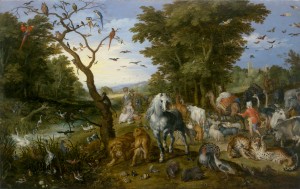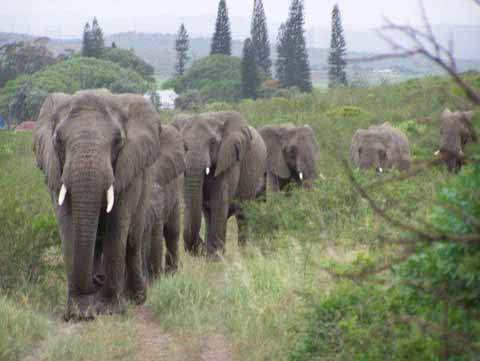I am reading from Psalms these days. The passionate expressiveness of this poetry moves my heart. Anger, despair, joy, faith – they pervade the Psalms. I felt compelled to try my hand at writing one myself, and so here is my first attempt. It is inspired by the plight of tigers, especially the Siberian Tiger. Tigers in their own way and in their natural habitats are kings as David was a king. I’ve rooted the psalm in the themes and even some of the words and phrases of the psalms in the Bible. See if you can identify them. Am I being anthropomorphic? Of course. But I believe that one of our roles in the world is to be the voice and celebrator of the whole world. In the Bible, many creatures and even hills and cedars have voices. In Revelation we read of all of life praising the Lamb. So why not in psalms?
Hear my plea, O LORD, and deliver me,
for I am near death and my people will perish with me.
You are my Creator and Sustainer,
from your hand I have received my prey.
You watch over the world;
you care for the land and water it;
you know every bird in the mountains.
The hills and every living thing sing to you;
you are worthy of praise without end.
You have known our people from generation to generation;
you have known that even in our might we worshipped you.
In mysterious ways you gave us stealth and power,
we have ruled this land of snow and forest at your leave.
When have we betrayed you?
My enemies seek to take my life and take this kingdom from me.
Across cold rivers I am driven to my last stronghold.
Men, even men who call upon your name, hunt me day and night;
I have no rest, no place to rest my head.
You have given men creative power beyond all imagining,
but they forget you and rule as tyrants,
They are cruel and perverse shepherds;
They say, “We are gods! The world is here for our pleasure.”
Beasts of steel devour the pines and oaks of the forest;
the deer and wild boar find their sustenance no more,
Their stomachs empty, they groan and despair;
I search in vain for them, and in hunger I groan.
I, the hunter, am now hunted;
on the land and through the air the chariots of men pursue me.
Their hearts overflow with greed and cunning.
Gold, not your love, is their master.
As men worship you as the Creator and celebrate their salvation,
I face the end of my days and the fading away of my people.
Alone I find no trace of my kind in all the snowy vastness.
I have no sons nor daughters to rule after I am gone.
Is this fear? Is this dread that fills me?
My spirit, like snow in the wind, knows no peace.
But I trust in you, my Creator,
I turn to you for help.
You will not turn your face away forever;
will you turn your face away forever?
Save me so that we will persist in this land,
deliver this land and its many creatures.
You have showed men your light and righteousness;
you can fill them with love and righteousness.
When they follow you and give their lives and hearts to you,
they bear abundant fruit that brings light and joy.
Change their hearts, LORD, change their hearts;
help them bear the good fruit of a living earth.
You will not forget me, LORD.
You will not forget.
You will again sustain me.
You will deliver me.
The hills and woods will again praise you and I with them.
We will sing.






